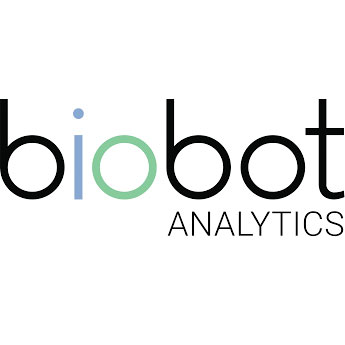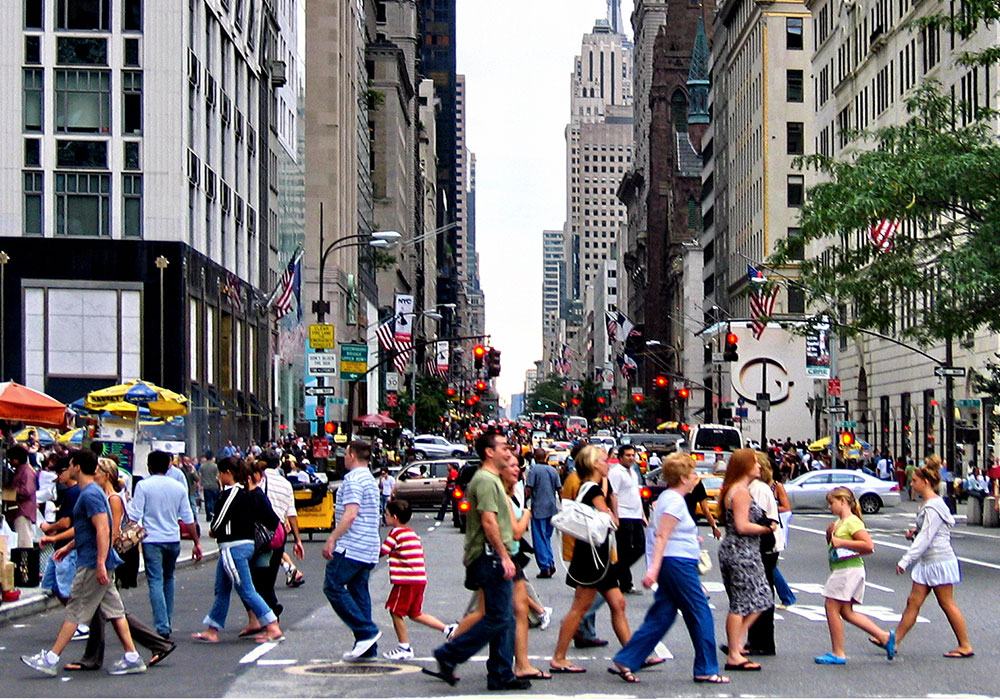Planning May 2018
Et Cetera
Tech: SXSW Roundup
Every March, Austin's South by Southwest celebrates the latest in film, music, and technology. The festival's Civic I/O Mayors' Summit (http://bit.ly/SXSWMayorsSummit) gives tech entrepreneurs the opportunity to pitch their solutions for safer, smarter cities to local leaders from across the country. Read on for this year's winners:

Biobot Analytics won first place with its Opioid Consumption Monitoring Program, which analyzes wastewater to estimate nearby levels of drug use. Cities can use the data to determine the areas most in need of funding and resources, plus track real-time opioid use in the community. To learn about planning's role in the fight against opioids, read "The Geography of Loss," in Planning, March 2018.

Citymart came in second with an online platform that promotes cross-departmental collaboration. It also allows public employees to connect with people and projects in cities around the world.

Elucd snagged third place with software that tracks how residents feel about their safety, the local police, and city services in their area. The program is already being used by the police departments in Los Angeles and New York City.
Exhibits: Secret Cities Revealed at the National Building Museum

The Manhattan Project that built the atomic bomb was based in three cities, built in secret: Oak Ridge, Tennessee; Los Alamos, New Mexico; and Hanford/Richland, Washington. They housed nearly 125,000 people.
Head scientist J. Robert Oppenheimer wanted the cities to be "comforting and welcoming," says Martin Moeller, chief curator at Washington D.C.'s National Building Museum, which just opened an exhibit on the cities' architecture and planning. Rather than barracks and trailers, as might be expected in a fast-tracked Army project, much of the housing was single-family homes. The cities incorporated modern concepts about planning, housing, engineering, and modular construction that influenced postwar suburban design, Moeller says — and are all the more amazing when you consider the "dire circumstances" under which the Manhattan Project was organized. See for yourself at the National Building Museum's "Secret Cities," open now until March 3, 2019.
Free Admission: In partnership with the APA Foundation, the National Building Museum in Washington, D.C., will waive entry fees for APA members in May and September. Be sure to stop by during APA's Policy and Advocacy Conference, September 23–25, 2018. Register for tickets at www.nbm.org/admission-apa-members/.
—Jim Sweeney
Sweeney writes about architecture, art, and design from Rockville, Maryland.
Mapped: The Roads Less Taken
Avoid traffic jams with a new interactive map from Geotab, the fleet management and connected transportation firm. "America's Quietist Routes" identifies the most scenic roads with the least traffic in each state.
Nature photographer James Martin provides his personal ranking, with Alaska's State Route 11 — which sees about 196 vehicles a day (and the Northern Lights in August) — claiming the top spot. Descriptions are provided, plus Martin's photos, route lengths, must-see destinations along the way, and links to Google Street Views.
Take the roads least traveled at http://bit.ly/QuietestRoads.
Ranked: No Car, No Problem

New York Style by Bon Adrien, Flickr (CC BY 2.0);
Planning a summer vacation? Consider one of the best cities for carless travelers in the U.S., per TransitScreen's latest product, MobilityScore. High rankers benefit from widespread public transit, bike share, and ride share:
- New York City
- Boston
- Washington, D.C.
- San Francisco
For a look at the rest of the list — which includes a few surprises — go to http://bit.ly/MobilityScore.
Et Cetera is a curated collection of planning odds and ends. Please send information to Lindsay R. Nieman, Planning's assistant editor, at lnieman@planning.org.


